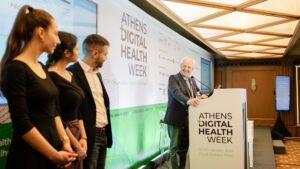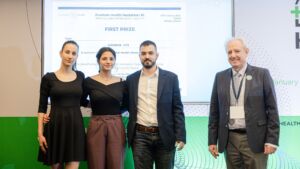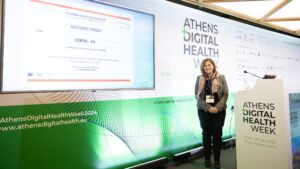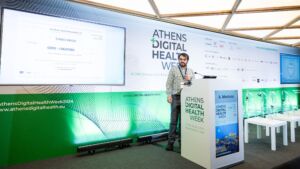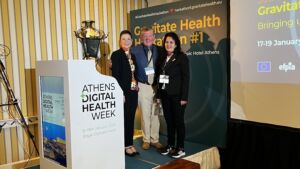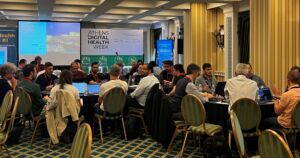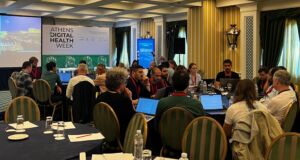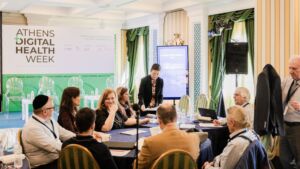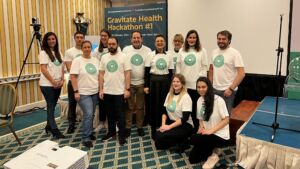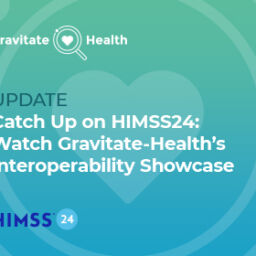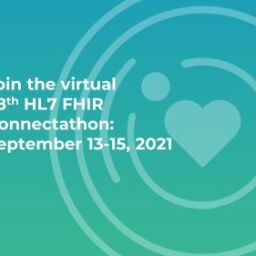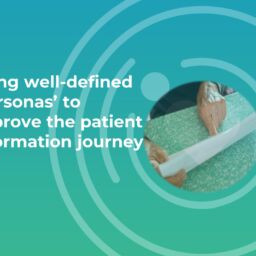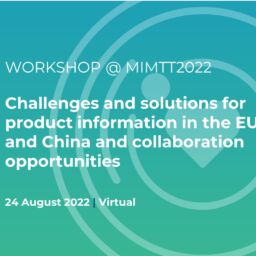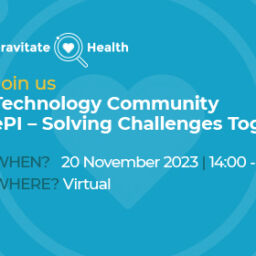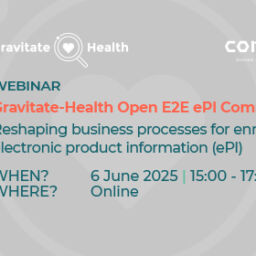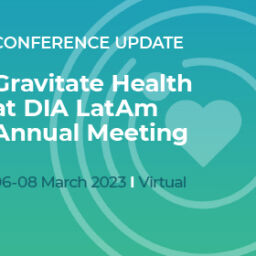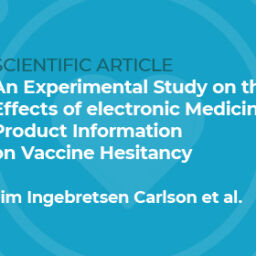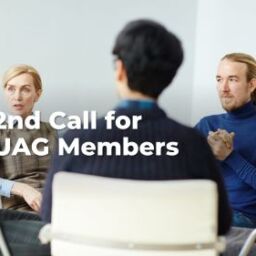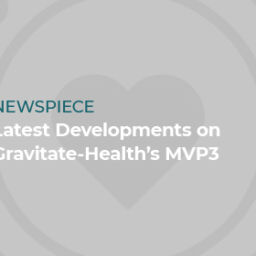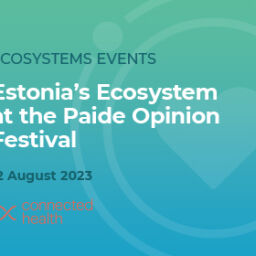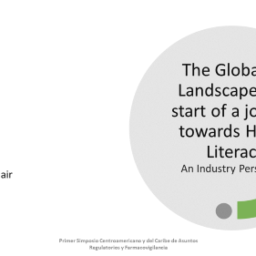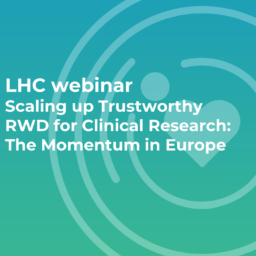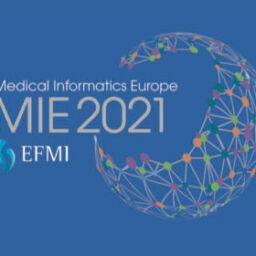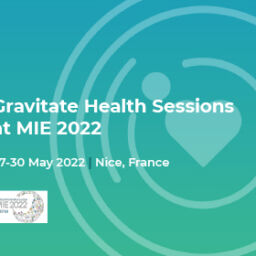What Is Your Lens? Gravitate-Health Hackathon Sparks Solutions and Collaboration
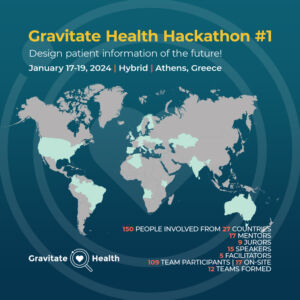
The 1st Gravitate Health Hackathon relates to this discourse. How can you personalize information about medicine and make it relevant to you!
The challenges of the 1st Gravitate-Health Hackathon were related to the identification of “rules to personalize patient information” and “designing aligned medicine information visualizations for patients.” Organized as a hybrid event from January 17th to 19th, 2024, within Athens Digital Health Week, the 1st Gravitate Health Hackathon concluded successfully with the participation of 150 individuals, both in Athens and remotely. It was a collaborative effort, and some noteworthy solutions emerged. The Hackathon provided an opportunity to showcase the federated open-source platform and services, FOSPS, still in development, and invited participants to test its usability, build on it, and contribute to its improvement. We successfully achieved that goal!
The Challenges and Prizes
During the week of the Gravitate Health Hackathon, our speakers skillfully navigated participants through challenges that fueled creativity. Challenge 1 saw the birth of modules, adding dynamic explanations to ePI content in FHIR format. Then, the pulse-quickening Challenge 2 gave rise to the ‘G-lens,’ a personalized touch to medication information. The hackathon not only uncovered ingenious solutions but also unveiled the promise of a dynamic community shaping the future of healthcare information.
Following the presentations from teams onsite and virtually, the 1st prize was awarded to the joint team of Gnomon and the University of Thessaly. They successfully utilized the G-lens®, the Gravitate Health focusing mechanism, to enhance a commercial product, eHealth Pass. The 2nd Prize was awarded to the team from CERTH/ITI, a research institute in Greece, and the 3rd Prize was given to the Code-Creators team from Brazil.
Watch their pitches HERE.
The Hackathon also aimed to obtain constructive feedback to advance the Gravitate Health’s FOSPS and generate new ideas for its development. Several teams that submitted their solutions provided valuable insights. However, the most significant achievement of all has been the engagement of experts and innovators with Gravitate Health work.
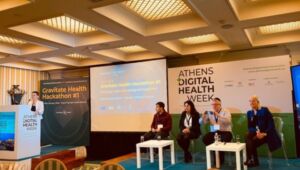
The Gravitate Health Hackathon and the HL7 FHIR Connectathon, coexisted in the same hall, immersing themselves in up-close mentoring sessions led by high-profile experts in the realms of interoperability, standards, and ePIs.
Our invited speakers also added important perspectives in the discussion. Mark Duman, a passionate patient advocate elaborated on what is truly Personalised Medicine and challenged the participants to think through when working on a solution. Is it truly patient-centred? Kevin Morgan, CEO of Glemser, highlighted that numerous people face challenges with diverse file formats when dealing with structured content in the ePI (electronic Product Information) process. Adam Kover, representing Felleskatalogen, the Norwegian Pharmaceutical Product Compendium, showcased their contributions related to ePIs during the hackathon challenges. He also offered valuable insights into semantic annotation, a feature within the medical dictionary that could inspire teams in addressing the first challenge of the Hackathon Amy Cramer, Co-Chair at Vulcan, underscored the significance of Vulcan’s work and highlighted Gravitate Health’s impactful role in fostering relationships and structures, resulting in outreach from other groups.
Hackathon speakers’ presentations are available in the form of recordings through the website.
Where the aims of the Hackathon achieved?
The Hackathon served the aim of the project to stimulate public-private partnerships to create market-specific applications which can accommodate specific needs of national or local ecosystems as well as build commercial solutions to serve specific disease areas and add value to the platform.
The teams coming from different parts of the planet, from South America (Brazil) and North America (USA) to Asia (India) and many European countries, used different approaches and technologies to address the challenges:
- Have a G-lens application called a ComplianceAuthor AI application programming interface to access electronic product information FHIR bundles that are semantically annotated through natural language technology.
- Build a processing pipeline to mine the frequency of Adverse Drug Reactions from the European Medicines Agency. Summary of Medicinal product characteristics (SmPCs) documents in a Knowledge Graph which will then be used to augment the accuracy of Gravitate Health lens.
- Use an integrated NLP environment for identifying and labelling important concepts, entities, and relationships within a given piece of ePIs text.
- Use NLP to annotate diseases with ICD-10 codes to create a preprocessing module focusing on disease areas.
- Design a Lens to implement Beers Criteria Algorithm and extend BONVITA, a mobile application, to alert older adults about potentially inappropriate medications.
- Enhance antibiotic ePI with epidemiological information about Antibiotic Resistance, to promote adherence to therapy and discourage inappropriate use.
- Use an interactive AI-based environment for supporting patients to get personalized information about the medication they take, but also the potential problems that may arise.
- Processing ePI and IPS with AI combined with Web System and Mobile Application.
- ePI Label preprocessing and display personalized information in the patient personal health record (eHealthPass).
- Designing a lens for Adverse Event reporting from the ePI page.
- Use traditional and Generative AI to annotate on a product label as well as extract personalized label information for given personas.
Thanks to all involved!
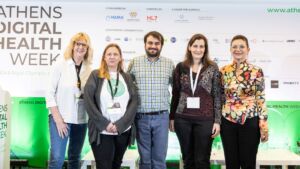
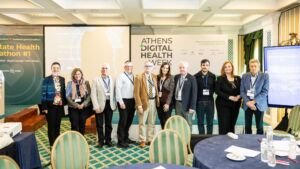
The Athens Digital Health Week provided significant visibility to Gravitate Health Hackathon#1, generating substantial engagement. We witnessed 492 reactions on social media, received 717 clicks, and accumulated over 4,000 impressions both during the Hackathon and the week that followed!
Gravitate Health is a collaborative effort involving 41 public and private organizations across Europe. If successful, it will change the landscape and make history in healthcare!



